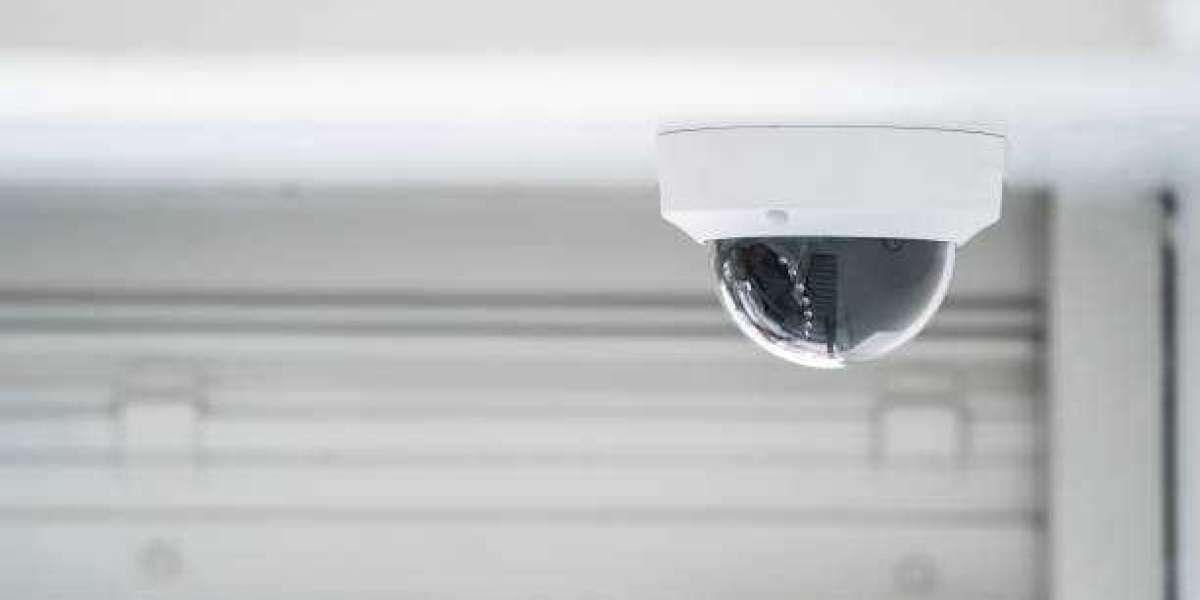This comprehensive guide compares wired and wireless Cctv Camera Manufacturers in Delhi across key factors like reliability, installation complexity, cost, and performance—helping you make the best choice for your surveillance needs.
1. Wired CCTV Cameras: The Traditional Powerhouse
How They Work
Wired CCTV cameras connect directly to a recording device (DVR/NVR) via coaxial or Ethernet cables (for IP cameras). They require a physical power source, typically through:
Power over Ethernet (PoE) – Single cable for data and power
Separate power cables – Additional wiring needed
Pros of Wired Cameras
✅ Uninterrupted Reliability – No signal interference from Wi-Fi congestion
✅ Higher Video Quality – Supports 4K+ resolution with no bandwidth limits
✅ Secure Connection – Harder to hack compared to wireless systems
✅ No Battery Dependence – Always powered (no downtime)
Cons of Wired Cameras
❌ Complex Installation – Requires drilling, cable routing, and professional help
❌ Less Flexible – Difficult to relocate once installed
❌ Higher Upfront Cost – Cables, labor, and DVR/NVR expenses add up
Best For:
Large businesses with fixed surveillance needs
High-security areas (banks, government facilities)
Locations requiring 24/7 ultra-HD recording
2. Wireless CCTV Cameras: The Flexible Modern Solution
How They Work
Wireless cameras transmit footage via Wi-Fi, cellular networks, or proprietary RF signals. They can be:
Battery-Powered – Rechargeable or replaceable batteries
Solar-Powered – Eco-friendly, ideal for remote locations
Plug-In – Still "wireless" in data transmission but need a power source
Pros of Wireless Cameras
✅ Easy Installation – No cables; mount anywhere with a signal
✅ Remote Access – View live feeds from smartphones or cloud storage
✅ Portability – Move cameras as needed (great for renters or temporary sites)
✅ Scalability – Add more cameras without wiring hassles
Cons of Wireless Cameras
❌ Signal Interference – Wi-Fi drops, bandwidth issues in crowded networks
❌ Battery Maintenance – Recharging/replacing batteries can be tedious
❌ Security Risks – Vulnerable to hacking if not properly encrypted
❌ Limited Resolution – High-definition streams may lag on weak Wi-Fi
Best For:
Homes, small businesses, and renters
Temporary setups (construction sites, events)
Locations where wiring is impractical (historic buildings, outdoor areas)
3. Key Comparison: Wired vs. Wireless CCTV
| Factor | Wired Cameras | Wireless Cameras |
|---|---|---|
| Installation | Complex (professional help needed) | Easy (DIY-friendly) |
| Reliability | High (no signal loss) | Moderate (Wi-Fi dependent) |
| Video Quality | 4K+ possible | Usually up to 1080p/4K (if Wi-Fi allows) |
| Power Source | Always connected | Batteries/solar/power adapter |
| Security | More secure (hard to hack) | Requires strong encryption |
| Cost | Higher upfront | Lower initial cost (but may need recurring cloud fees) |
| Flexibility | Fixed placement | Easily movable |
4. Which One Should You Choose?
Go Wired If You Need:
✔ 24/7 high-definition surveillance (e.g., casinos, warehouses)
✔ A tamper-proof, ultra-reliable system
✔ Long-term security with minimal maintenance
Go Wireless If You Prefer:
✔ Quick, DIY installation (e.g., home security, small offices)
✔ Flexibility to move cameras (rentals, seasonal use)
✔ Remote monitoring via cloud storage
Hybrid Option: The Best of Both Worlds
Some businesses use a mixed system:
Wired cameras for critical areas (entrances, cash registers)
Wireless cameras for flexible coverage (backyards, temporary setups)
5. Future Trends in CCTV Technology
5G Wireless Cameras – Faster, more stable connections
AI-Enhanced Edge Computing – Reduced reliance on Wi-Fi for analytics
Solar + Battery Hybrids – Longer-lasting wireless options
Final Verdict
There’s no one-size-fits-all answer—wired cameras excel in reliability and quality, while wireless cameras win in convenience and flexibility.
Still unsure? Ask yourself:
Do I need professional-grade, uninterrupted surveillance? → Wired
Do I want easy setup and remote access? → Wireless







